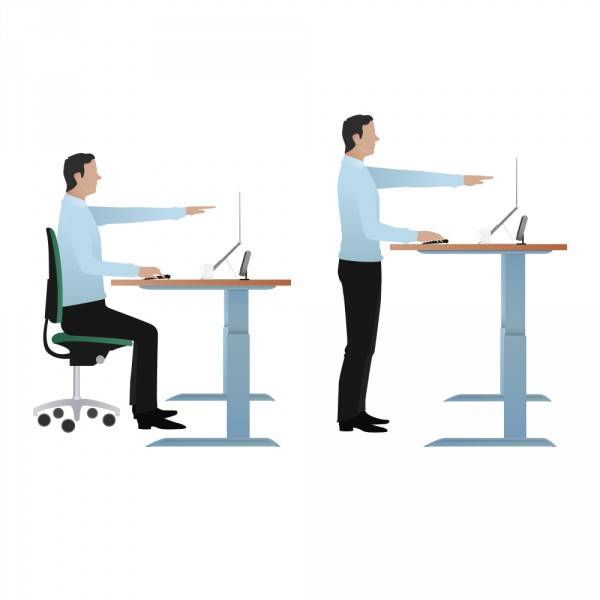To provide the best experiences, we use technologies like cookies to store and/or access device information. Consenting to these technologies will allow us to process data such as browsing behaviour or unique IDs on this site. Not consenting or withdrawing consent, may adversely affect certain features and functions.
The technical storage or access is strictly necessary for the legitimate purpose of enabling the use of a specific service explicitly requested by the subscriber or user, or for the sole purpose of carrying out the transmission of a communication over an electronic communications network.
The technical storage or access is necessary for the legitimate purpose of storing preferences that are not requested by the subscriber or user.
The technical storage or access that is used exclusively for statistical purposes.
The technical storage or access that is used exclusively for anonymous statistical purposes. Without a subpoena, voluntary compliance on the part of your Internet Service Provider, or additional records from a third party, information stored or retrieved for this purpose alone cannot usually be used to identify you.
The technical storage or access is required to create user profiles to send advertising, or to track the user on a website or across several websites for similar marketing purposes.










 In 2013, two Australian academics set out to discover the answer to a deceptively simple question. Why is there such a thing as colour psychology, but not shape, line or texture psychology? The answers they come up with are complex, arcane and wide-ranging but they manage to sum them up to some extent in the conclusion to
In 2013, two Australian academics set out to discover the answer to a deceptively simple question. Why is there such a thing as colour psychology, but not shape, line or texture psychology? The answers they come up with are complex, arcane and wide-ranging but they manage to sum them up to some extent in the conclusion to 






 Sick days have surged by 41 percent over the past three years as employers continue to struggle with declining levels of productivity. The latest Hiring Trends Index by
Sick days have surged by 41 percent over the past three years as employers continue to struggle with declining levels of productivity. The latest Hiring Trends Index by 


















October 31, 2024
Four honest impressions of Orgatec 2024
by Mark Eltringham • Comment, Workplace design
I’ve been going to Orgatec in Cologne since 1992. It has always been one of the twin global behemoths of office design shows. The other being NeoCon in Chicago. Over that time, I’ve seen it dwindle significantly in size, if not relevance. It is held every two years, which means it can offer a better snapshot of current thinking about offices than an annual show might. The last show, two years ago, was still hungover from the pandemic (2020 was cancelled) so this year’s event was, in a way, the first chance to see how things stand in whatever era we might now be in. (more…)